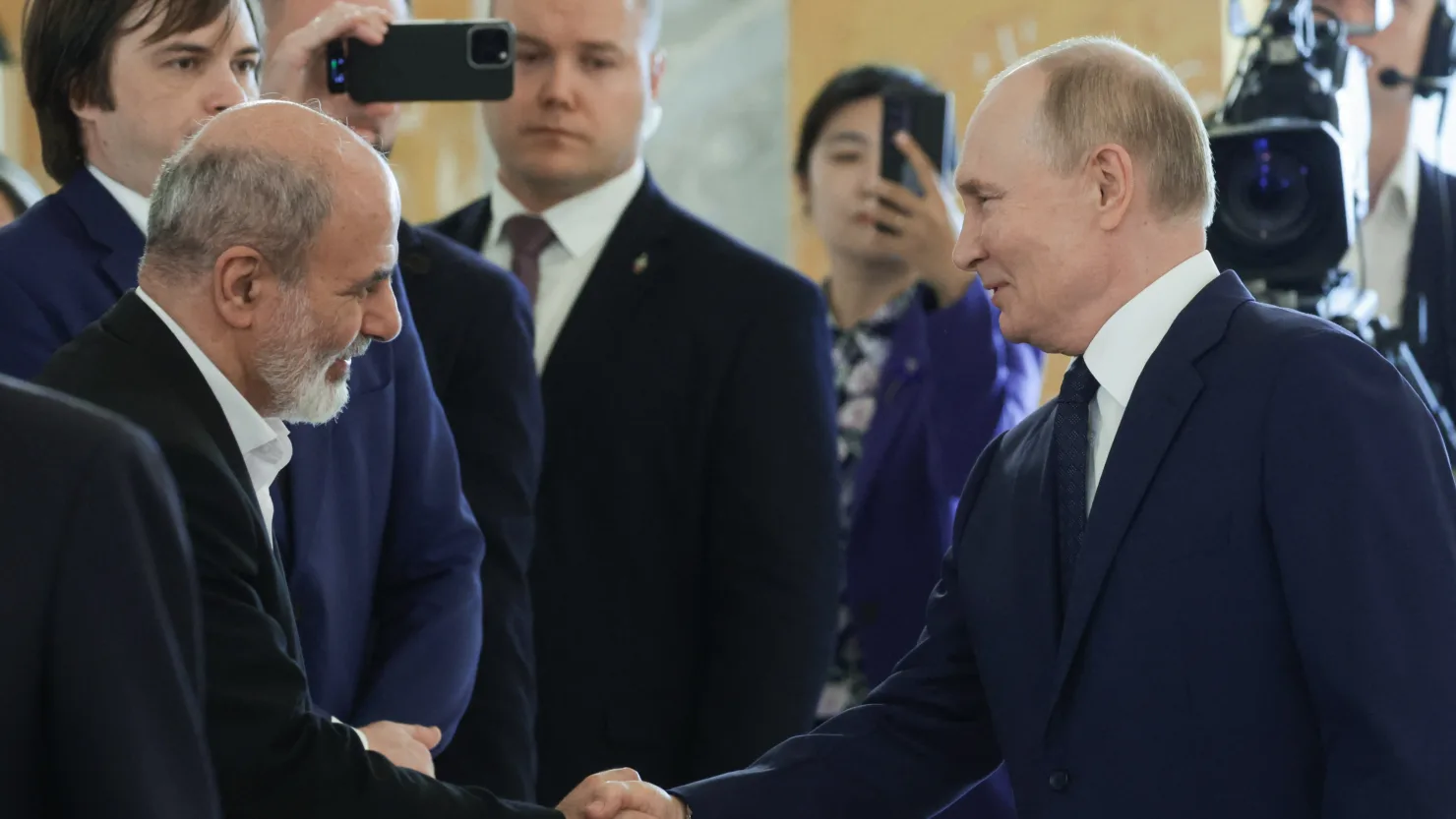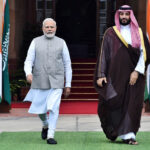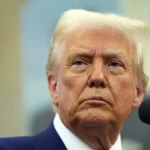The Kremlin has affirmed that it will not abandon Iran, even as Tehran faces the possibility of a direct attack from Israel. The tensions come as Israel escalates its response against Iranian-backed militant groups, Hamas and Hezbollah, currently involved in intense fighting in Gaza and Lebanon.
Iran, which has provided support to Russia during the war in Ukraine, is now reportedly seeking backing from Moscow as it confronts mounting threats from Israel. Speculation has grown over whether Russia will step in to aid Iran in its hour of need, although the form of such support remains uncertain.
In a statement to CNBC, Kremlin Press Secretary Dmitry Peskov reiterated Russia’s commitment to deepening its alliance with Iran. “We are developing cooperation with Iran in a variety of areas. We intend to do this further,” Peskov said, emphasizing that their partnership is not aimed at any third country.
Despite being a close ally of Iran, Russia maintains a delicate balancing act in the Middle East, having cultivated relationships with both Iran and Israel, as well as other regional powers like Saudi Arabia and the UAE. Peskov added that Russia is in dialogue with all parties involved in the ongoing conflict in the Middle East.
Military and Strategic Cooperation
The relationship between Moscow and Tehran has grown stronger since Russia’s invasion of Ukraine in February 2022, with reports suggesting that Iran has provided Russia with attack drones and short-range missiles. In exchange, Russia is believed to have supplied military technology to Iran. Both nations have denied any arms exchanges related to the war, but Western sanctions have been imposed on both countries as a result.
As tensions escalate, analysts have highlighted that Iran may seek Russian military intelligence and air defense systems to defend against an anticipated retaliatory strike from Israel. This comes after Iran launched a missile attack on Israeli territory on October 1. While Israel has not yet retaliated, it has vowed to respond, although it assured the U.S. that it would not target Iran’s nuclear or oil facilities.
Last week, Hezbollah, a militant group backed by Iran, claimed responsibility for a drone attack targeting Israeli Prime Minister Benjamin Netanyahu’s home. Netanyahu, who labeled Iran and its allies as part of an “axis of evil,” promised swift retribution. “Anyone who harms the citizens of the State of Israel will pay a heavy price,” he declared.
The BRICS Summit and Strategic Alliances
Amid these heightened tensions, attention has turned to the BRICS summit in Kazan, Russia, where Russian President Vladimir Putin and Iranian President Masoud Pezeshkian are expected to sign a Comprehensive Strategic Partnership agreement. This deal is anticipated to signal deeper cooperation between the two nations, particularly in defense.
Burcu Ozcelik, a senior research fellow for Middle East security at the Royal United Services Institute, noted that the agreement would likely include defense cooperation, albeit vaguely worded. She added that the partnership would serve as a message to the U.S. and its allies, highlighting the emergence of alternative alliances beyond the West.
The BRICS bloc, originally comprised of Brazil, Russia, India, China, and South Africa, recently expanded to include Iran and other nations from the “Global South.” As geopolitical alignments shift, the growing influence of BRICS could further cement the Russia-Iran alliance in the face of Western sanctions and diplomatic isolation.





